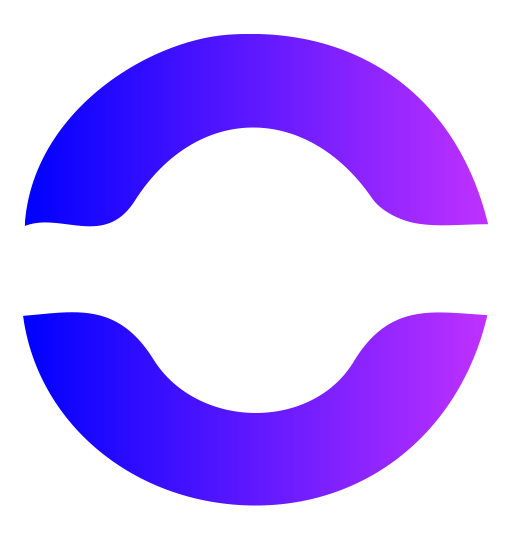How to Use WalletConnect: A Comprehensive Guide

Introduction
In the evolving world of cryptocurrencies and blockchain technology, WalletConnect is emerging as an essential tool that connects users to a myriad of decentralized applications (dApps) through their crypto wallets. It offers a seamless way to engage with complex blockchain networks without the struggle of maintaining multiple accounts or profiles on individual platforms. Understanding how to use WalletConnect can open doors to a range of Web3 services, providing a bridge between standalone crypto wallets and various decentralized platforms.
What is WalletConnect?
WalletConnect is an open-source protocol that enables a secure connection between different crypto wallets and decentralized applications. Essentially, it allows you to utilize your wallet to interact with dApps, conduct transactions, and manage your digital assets securely.
Initially launched in 2018, WalletConnect has become synonymous with ease of integration and unparalleled security. It offers a method for dApps to initiate a connection with wallets by scanning a QR code or clicking a deep link. Its simplicity and robust design have made it a pillar in the ecosystem of decentralized finance (DeFi) and Web3.
Understanding the Historical Background
The inception of WalletConnect arose from a growing demand for seamless and cross-wallet interoperability. Prior to such tools, users would frequently face inconvenient scenarios when interacting with different dApps, as they needed either to create separate accounts on each platform or to deal with browser extension wallets, which were not always user-friendly.
In 2018, Pedro Gomes, the mind behind WalletConnect, introduced the protocol to resolve these challenges. The goal was to provide users with a single wallet experience while still allowing access across numerous decentralized platforms, all while maintaining the highest security standards. This marked a transformative shift in how users and developers approached decentralized applications.
How Does WalletConnect Work?
WalletConnect operates by establishing an encrypted bridge between your wallet and dApps. Here's a step-by-step breakdown of the process:
- Initiation by the dApp: A dApp generates a WalletConnect session request, presenting the user with a QR code or a deep link.
- User Connection: Users scan the QR code with their crypto wallet or click the deep link if using a mobile device.
- Secure Pairing: Once scanned or clicked, a secure, end-to-end encrypted connection is established between the wallet and the dApp.
- Authorization: The user is prompted to approve the connection within their wallet, ensuring no unauthorized transactions occur.
- Transaction Signing: Upon approval, users can interact with the dApp, with WalletConnect facilitating transaction signing directly through the wallet.
This interaction is intuitive, mobile-friendly, and importantly, does not disclose private keys at any stage, ensuring a safe decentralized experience.
Benefits of Using WalletConnect
The advantages of leveraging WalletConnect extend across usability, security, and flexibility:
- Cross-Platform Flexibility: It facilitates cross-platform interaction, meaning you can use your preferred wallet, like Bitget Wallet, on virtually any dApp.
- Enhanced Security: Since private keys never leave the wallet, users enjoy fortified security for their digital assets.
- User-Friendly Experience: Its QR code and deep link mechanisms provide a seamless method to connect, making it accessible for both beginners and veterans in the crypto space.
- Interoperability: Works well with a variety of wallets and doesn't require users to install browser extensions, unlike certain traditional wallet solutions.
How to Set Up WalletConnect with Bitget Wallet
Using WalletConnect with Bitget Wallet is straightforward. Here’s how you can get started:
- Install Bitget Wallet: Download and install the Bitget Wallet on your smartphone from your app store.
- Access the dApp: Navigate to the dApp you wish to use on your computer or smart device.
- Initiate Connection: Look for the WalletConnect option within the dApp and generate its QR code or deep link.
- Scan QR Code: Open your Bitget Wallet app, find the option to connect via WalletConnect, and scan the QR code displayed on the dApp interface (or click the link if on mobile).
- Accept Connection: Approve the connection request in your wallet to finalize the connection.
Now, you're set to explore the vast world of decentralized applications with Bitget Wallet and WalletConnect.
Additional Functional Insights
A standout feature of WalletConnect is its ability to maintain connections across multiple sessions, making it not just flexible but also resilient to losses of connectivity. As long as the pairing remains valid, your transaction sessions are preserved, simplifying prolonged engagements with dApps.
Additionally, developers continue to build on WalletConnect's potential, scaling its capabilities with features like notifications, multi-chain support, and enhanced connection life cycles.
A Glimpse into the Future
The future of WalletConnect is promising, with enhancements continuously unfolding to enrich its functionality and security. As the blockchain and cryptocurrency world evolves, tools like WalletConnect are pivotal in supporting broader adoption of decentralized technologies.
In adopting WalletConnect, not only do users gain unmatched access and control over their transactions, they also contribute to the burgeoning decentralized ecosystem—laying the groundwork for the next generation of blockchain innovation.
Getting accustomed to WalletConnect might just be one of the smartest moves for anyone wanting to capitalize on the efficiencies and opportunities lying in the decentralized arena today.
Want to get cryptocurrency instantly?
Related articles
Latest articles
See more





















